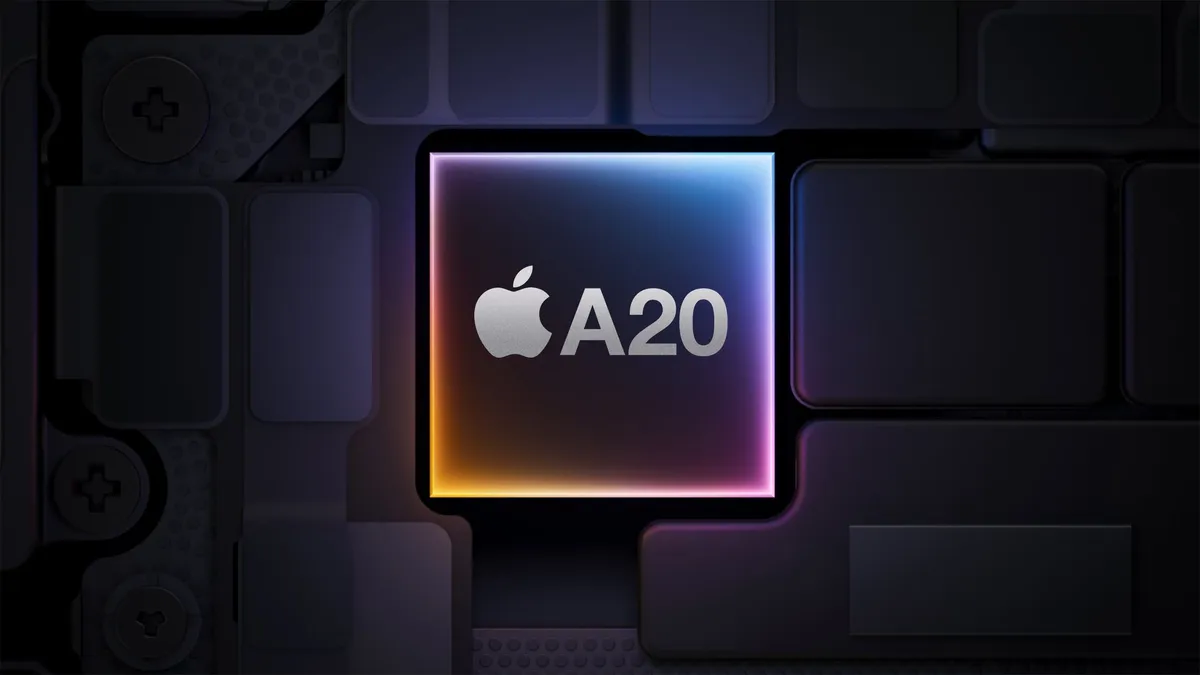
Apple's upcoming iPhone 18 models are set to adopt TSMC's 2nm manufacturing process for the next-generation A20 chip. This revolutionary technology promises substantial improvements in both performance and power efficiency, enhancing the overall user experience of next year's iPhones. However, the adoption of this cutting-edge manufacturing process could lead to increased costs, which Apple may ultimately pass on to consumers.
The confirmation that Apple will utilize TSMC's 2nm process for the iPhone 18 has been bolstered by reliable sources, including the Weibo-based leaker Digital Chat Station, known for their connections within the Chinese supply chain. Industry analysts such as Ming-Chi Kuo and Jeff Pu have also previously indicated this shift, making it increasingly likely that Apple will embrace this advanced silicon wafer technology.
In 2023, Apple transitioned to 3nm chips for its iPhones and Macs, representing a significant upgrade from the earlier 5nm technology. The move to 3nm chips resulted in impressive enhancements, including a 20% increase in GPU speeds, a 10% boost in CPU performance, and a doubling of the Neural Engine's speed. While the upcoming iPhone 17 series is expected to feature processors crafted using TSMC's enhanced N3P chip technology, the transition to 2nm in the iPhone 18 is anticipated to yield even greater performance and efficiency gains.
The terms 3nm and 2nm refer to generations of chip manufacturing technology. Each generation comes with its own unique design rules and architectural advancements. As the numerical designation decreases, it typically indicates smaller transistor sizes, allowing for more transistors to be integrated onto a single chip. This density not only enhances processing speed but also significantly improves power efficiency.
TSMC is gearing up to commence 2nm chip manufacturing in late 2025, positioning Apple as the first major company to benefit from this innovative process. To facilitate this transition, TSMC is constructing two new facilities dedicated to 2nm chip production and is currently seeking approval for a third. This expansion indicates TSMC's commitment to scaling production capacity in response to significant chip orders, particularly from major clients like Apple.
While the advancements in chip technology promise remarkable enhancements, they also come with financial implications. As Apple prepares to be the first major beneficiary of TSMC's 2nm technology, it may face increased production costs. This scenario raises the possibility of another round of price hikes for the iPhone 18, potentially compounding on any price increases anticipated for the iPhone 17 models due to U.S. import tariffs. Although Apple recently received a temporary reprieve from a 145% tariff on goods imported from China, alongside a 10% tariff on imports from other nations, this relief may not last long.
In conclusion, the adoption of TSMC's 2nm manufacturing process is set to revolutionize the performance and efficiency of the iPhone 18. However, consumers should be prepared for potential price increases as Apple navigates the complexities of advanced chip production and international tariffs.